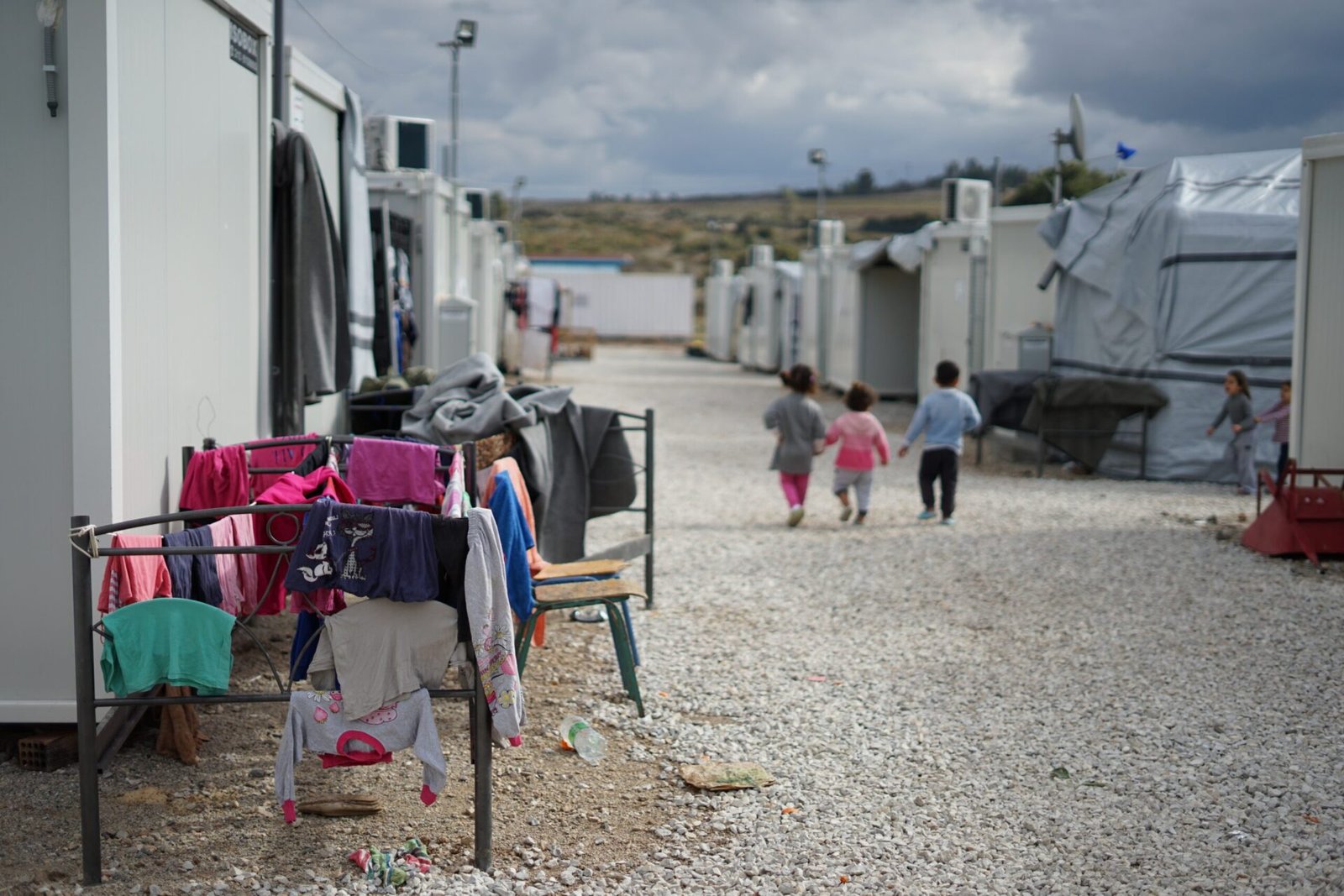
by Jakob Staubmann
The Complexity of the Nationality Problem
In the wake of the refugee crisis, the European Union has been faced with the challenging task of addressing the nationality problem. With millions of individuals seeking asylum within its borders, each member state of the EU has had to grapple with the question of how to grant citizenship to refugees.
One of the key issues in this process is the lack of a common law for nationality in the European Union. Unlike other areas of policy, such as trade or agriculture, nationality laws are largely determined by individual member states. This means that each country has its own set of criteria and requirements for granting citizenship, leading to inconsistencies and disparities across the EU.
Member States and their Approach
Despite the lack of a unified approach, European member states have implemented various strategies to deal with the nationality problem. Let’s take a closer look at some of these approaches:
1. Germany
Germany has been at the forefront of granting citizenship to refugees, adopting a relatively open and inclusive approach. The country has implemented policies that make it easier for refugees to obtain German citizenship, including a streamlined naturalization process and support for language and integration courses.
2. France
France, on the other hand, has taken a more cautious approach to granting nationality. The country maintains strict criteria for naturalization, emphasizing integration and cultural assimilation. While this approach has been met with criticism, particularly from human rights organizations, France argues that it is necessary to preserve the country’s cultural identity.
A Common Law for Nationality?
Given the disparities and complexities involved in granting citizenship to refugees, there have been calls for a common law for nationality in the European Union. Advocates argue that a unified approach would ensure fairness and equality across member states, while also simplifying the process for refugees.
However, implementing a common law for nationality is not without its challenges. It would require significant coordination and cooperation among member states, as well as agreement on the criteria and requirements for citizenship. Additionally, some countries may be reluctant to relinquish control over their nationality laws.




























